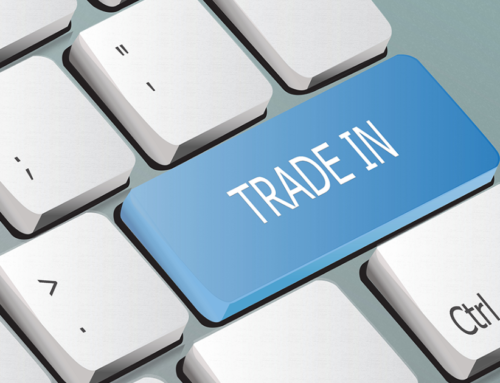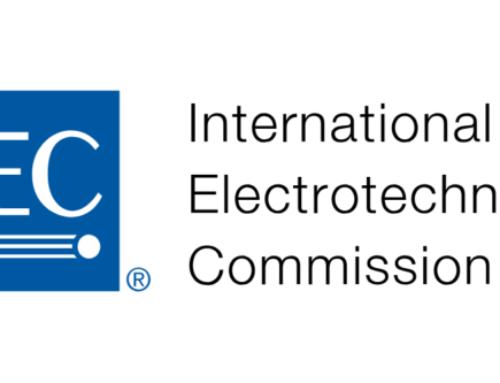On December 27, 2019, during the second “meeting week” of the working group in TC260 (National Information Security Standardization Technical Committee), the White Paper on Standardization of Artificial Intelligence Security was officially released. The White Paper was co-compiled by 29 enterprises and institutions including CESI (China Electronics Standardization Institute), Tsinghua University, Baidu, Huawei, 360 and Alibaba. The development of AI and domestic and foreign laws, regulations and the standardization status of AI security are analyzed in the White Paper. In addition, the risks, challenges and nature of AI security are also included. The White Paper, according to the research, provides the framework for AI security standardization systems and suggestions on AI security standardization.
The contents of the White Paper are as follows:
1. Overview of artificial intelligence
1.1 AI ushered in the third wave of development
1.2 Significant progress in AI technology and application
1.3 AI industry chain has begun to take shape
1.4 China’s broad AI application scenarios
1.5 The development of AI is still in its infancy
2. AI security regulations, policies and standardization status
2.1 AI security laws, regulations and policies
2.1.1 International and foreign situation
2.1.2 Domestic situation
2.2 AI security work in main standardization organizations
2.2.1 ISO/IEC/JTC1
2.2.2 ITU-T
2.2.3 IEEE
2.2.4 NIST
2.2.5 TC260
2.2.6 Other standardization organizations
2.3 Work on ethics and morality of AI
3. Risk analysis and connotation of AI security
3.1 New threat of attack
3.2 Potential security risks of AI
3.2.1 Potential security risks of algorithm models
3.2.2 Potential risks of data security and privacy protection
3.2.3 Potential infrastructure security risks
3.2.4 Potential application security risks
3.2.5 Abuse of AI
3.3 Security impact
3.4 Safety attributes and connotation of AI
4. AI security standards system
4.1 Requirement analysis of AI security standardization
4.2 Relationship between AI security standards and standards in other fields
4.3 AI security standards system
4.3.1 Basic security standards for AI
4.3.2 Security standards for AI data, algorithms and models
4.3.3 AI technology and systems security standards
4.3.4 AI management and service security standards
4.3.5 Security standards for AI testing and evaluation
4.3.6 Security standards for AI products and applications
5. AI security standardization work proposal
Annex A: AI related security standards
Annex B: Security practice cases of AI application





